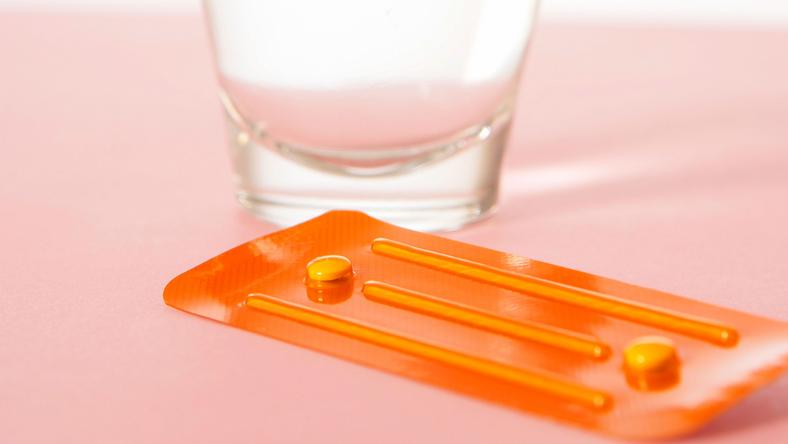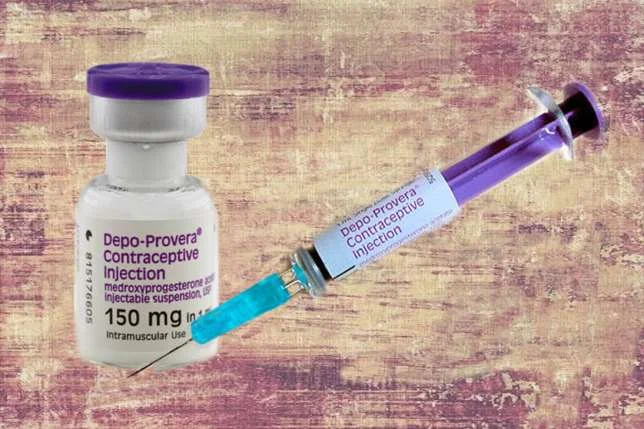Did you know the morning- after pill has a weight limit? Read all about the contraceptive loophole that could put you at risk
The morning- after pill has been a lifesaver for many women but often, it's taken without knowing all the information. New research has revealed that the pill becomes less effective after a certain weight which may spell trouble for lots of women.
A new TV show has shed light on a potentially catastrophic loophole in the efficacy of the morning after pill.
According to Allure:
In the new Hulu series Shrill, Annie, played by Aidy Bryant, finds herself pregnant. She figures it out by taking a pregnancy test in her local pharmacy's bathroom, the same pharmacy that had sold her the morning-after pill seven times before. Holding the positive, pee-soaked pregnancy test, Annie tells the woman behind the counter something must be wrong; she can't be pregnant because she took emergency contraceptives. That's when the pharmacist, who is not the same person who sold her the pill, tells Annie something not often talked about: Emergency contraceptive pills may be less effective for people over a certain weight.
The episode sent many into a frenzy on social media with many women revealing that they had no idea that the morning- after pill stops being effective after a certain weight with many expressing concern over the lack of adequate information provided by their doctor.
So, how true is this? Does the morning- after pill have a wight limit? Are overweight women at more risk of unwanted pregnancies as a result?
According to Dr. Aaron Lazowritz who was interview by Inverse on this phenomenon, it's real! He says, “This is a real thing. Studies have shown that overweight and obese women have higher rates of failure with the traditional morning-after pill.”
In clinical trials of women using the morning- after pill (progestin-only, such as Plan B One-Step) obese women (with a body mass index, or BMI, of 30 or greater) became pregnant over 3 times more often than non-obese women. Studies showed that the morning- after pill declined in efficacy as BMI increased.
According to Hello Giggles, in a 2016 study in the journal 'Contraception', the researchers set out to look at the safety and effectiveness of emergency contraception in obese women. They reviewed all prior studies and came to the conclusion that there was some evidence that emergency contraceptive pills were less effective in overweight/obese women and they may have an increased likelihood of pregnancy when compared with women who were underweight and normal weights.
So, what is an effective method of contraceptive for obese women? Researchers suggest that women over a certain weight should look to alternate methods of emergency contraception to avoid unwanted pregnancies and a decreased risk of efficacy of the pill.
According to doctors, most effective choice for emergency contraception for overweight or obese women is the copper IUD. The effectiveness of the copper IUD used as a method of emergency contraception is greater than 99%, no matter how much you weigh. It also lasts for up to 10 years and does not cause any hormonal changes in a woman's body.
If you're in any doubt about how contraception will work for you, make sure you book an appointment and have a candid talk with your healthcare practitioner about what your options are and what will work best for you.












